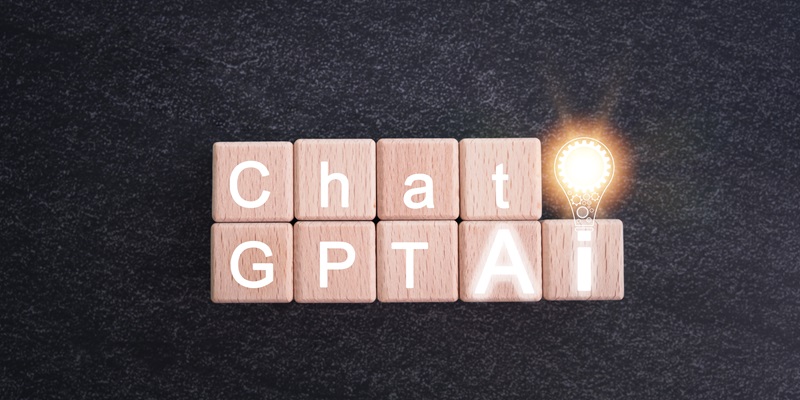OpenAI has recently announced an exciting expansion of its ChatGPT Canvas feature, making it accessible to all ChatGPT users. This groundbreaking decision extends beyond the previously limited scope of paying ChatGPT Plus, Teams, Edu, and Enterprise subscribers. The Canvas, first introduced in October, has now been enhanced with a more intuitive interface available on desktop web browsers and the Windows app. This latest update transforms the traditional ChatGPT interface into a versatile two-part layout, featuring a conversation panel on the left and a workspace on the right, facilitating a range of tasks such as coding or text editing with remarkable ease.
Enhanced Interface and Seamless Functionality
A New Level of Convenience and Productivity
The integration of Canvas within the GPT-4o model sets a new standard for user convenience and productivity. This innovative approach eliminates the need for manual toggling, automatically activating Canvas for specific prompts or even pasted text. With the inclusion of features such as running Python code directly within Canvas, users can see the results of their code in real-time, streamlining the development process. This ability to execute and debug code within the Canvas environment eliminates the necessity of external testing, positioning Canvas as a formidable tool in the field of coding and data analysis.
Moreover, OpenAI’s demo showcased how Canvas can craft and preview graphics generated from code, thus allowing developers and analysts to modify data and formulas on the fly. The real-time feedback loop enables fine-tuning of visual representations before their finalization. This capacity for on-the-go adjustments enhances the overall efficiency of the development workflow, making OpenAI’s Canvas a vital asset for those dealing with complex datasets and visualizations.
Improved Bug Detection and Fixing
One of the standout features of the Canvas update is its advanced capability to detect and suggest fixes for bugs in the code. This automated bug detection not only streamlines the debugging process but also mitigates the margin for human error. Developers can now rely on Canvas to identify potential issues and provide actionable suggestions, enhancing the quality of code produced.
This is particularly beneficial when dealing with extensive codebases, where manual debugging could become a cumbersome and time-consuming affair. By integrating profound bug detection and correction functionalities, OpenAI’s Canvas ensures that developers spend more time innovating rather than troubleshooting.
Custom GPTs and Ongoing Improvements
Adapting to User Needs
One of the most significant aspects of the Canvas expansion is its integration with custom GPTs. OpenAI has made Canvas the default feature for newly created custom GPTs. However, existing custom GPTs are also capable of incorporating Canvas functionalities at the user’s discretion. This flexibility aims to make custom GPTs not only as versatile but also as robust as the base ChatGPT, providing features that cater specifically to the user’s unique needs.
This initiative signals OpenAI’s intent to create a more personalized experience, ensuring that every user, regardless of their specific requirements, can benefit from the full suite of capabilities offered by Canvas. This adaptability is a clear indicator of the company’s commitment to enhancing the user experience and maintaining a competitive edge in the AI landscape.
Commitment to Continuous Innovation
OpenAI has recently expanded its ChatGPT Canvas feature, making it available to all ChatGPT users. Previously, this feature was restricted to ChatGPT Plus, Teams, Edu, and Enterprise subscribers. The Canvas, initially launched in October, now includes an enhanced, user-friendly interface for desktop web browsers and the Windows app. With this significant update, the traditional ChatGPT interface has evolved into a flexible two-part layout. On the left is a conversation panel, while on the right is a workspace designed for various tasks like coding or text editing. This new layout aims to simplify complex tasks, making it easier for users to interact with the AI and complete their projects with efficiency and ease. The expansion of the Canvas feature marks a major step in OpenAI’s commitment to providing inclusive and practical tools for all its users, regardless of their subscription level, ensuring everyone can benefit from the advanced capabilities of ChatGPT.

